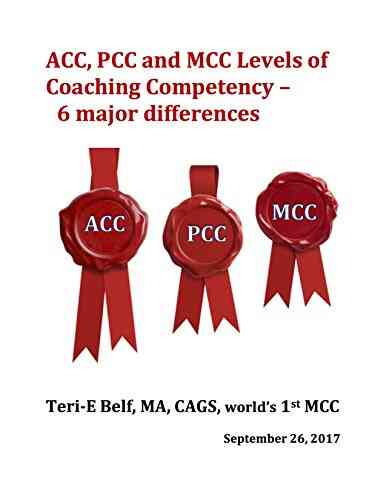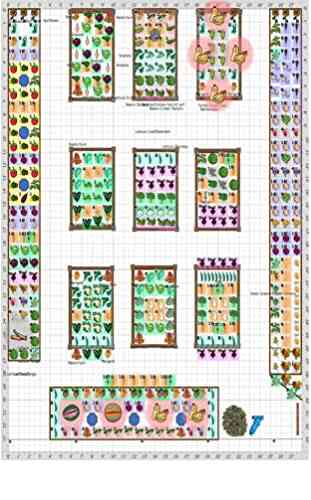ACC, PCC, and MCC Levels of Coaching Competency: Six Major Differences

Coaching has become an increasingly important tool for personal and professional development. As the demand for qualified coaches rises, various organizations have developed coaching competency frameworks to ensure the effectiveness and quality of coaching services.
The International Coach Federation (ICF),being one of the leading global coaching associations, has established three levels of coaching competency accreditation: ACC (Associate Certified Coach),PCC (Professional Certified Coach),and MCC (Master Certified Coach). Each level represents a different degree of mastery and proficiency in coaching.
1. Definition and Scope
The ACC level signifies the foundational capabilities in coaching. Coaches with this credential have demonstrated sufficient knowledge and application of coaching skills, adhering to the ICF Core Competencies. ACC coaches are typically equipped to work with clients in specific niches or certain coaching projects.
5 out of 5
| Language | : | English |
| File size | : | 419 KB |
| Text-to-Speech | : | Enabled |
| Screen Reader | : | Supported |
| Enhanced typesetting | : | Enabled |
| Word Wise | : | Enabled |
| Print length | : | 12 pages |
| Lending | : | Enabled |
On the other hand, the PCC level represents a more advanced stage of coaching competence. Coaches at this level must excel in demonstrating their expertise across all ICF Core Competencies. PCC coaches have a broader scope of practice and can effectively work with clients in various contexts and industries.
Finally, the MCC level represents the highest degree of coaching mastery. Coaches at this level have extensive experience, demonstrate exceptional coaching skills, and possess a deep understanding of the ICF Core Competencies. They can handle complex coaching scenarios and work with clients at the executive level.
2. Requirements and Training
The requirements for obtaining each level of certification vary, ensuring that coaches meet the necessary standards and competencies defined by the ICF. To apply for an ACC credential, coaches must complete a certain number of training hours, practice coaching with clients, and receive mentor coaching to enhance their skills.
To achieve PCC, coaches must meet additional criteria, including a higher number of training hours, more coaching practice hours, and advanced mentor coaching. The ICF places a significant emphasis on continuous professional development at this stage, encouraging coaches to enhance their knowledge and skills through additional training and education.
For the MCC level, coaches must have extensive coaching experience, demonstrate a high level of mastery, and complete even more coach-specific training hours. Additionally, they must provide evidence of their impact as a coach through client testimonials, case studies, and professional references.
3. Client Impact and Relationship
At the ACC level, coaches primarily focus on individual clients and shorter-term coaching engagements. They may work with clients who seek specific outcomes or need support in achieving specific goals. The coaching relationship is typically established for a defined period, focusing on building awareness and creating action plans.
PCC coaches, on the other hand, often engage with clients in longer-term relationships. These relationships allow coaches to deeply understand their clients' needs, goals, and aspirations. The coaching process becomes more holistic, addressing both immediate challenges and long-term growth and development.
MCC coaches operate at the highest level of coaching competency. They typically work with executive clients in complex organizational settings. The coaching engagements are often strategic and have a lasting impact on both the individual and the organization as a whole. MCC coaches build deep and transformative relationships with their clients.
4. Expertise and Target Market
As mentioned earlier, ACC coaches often target clients within specific niches or coaching projects. They may specialize in areas such as career coaching, life coaching, or wellness coaching. The ACC level is an excellent starting point for coaches who aspire to become more specialized in their chosen field.
PCC coaches, on the other hand, possess a broader range of expertise and can effectively work with clients from diverse backgrounds and industries. They typically have the skills to address a wide range of coaching needs and adapt their coaching style to match the unique requirements of each client.
MCC coaches are recognized for their advanced coaching skills and extensive experience. They often specialize in executive coaching and excel at working with high-level professionals, leaders, and organizations. MCC coaches bring a strategic and transformative approach to coaching at this level.
5. Evaluation and Feedback
ICF offers a rigorous evaluation process to assess coaches' competency and award credentials. Coaches applying for ACC, PCC, or MCC levels must submit recordings of their coaching sessions for review. Experienced ICF assessors evaluate these recordings against the established criteria and provide comprehensive feedback.
The feedback received during the evaluation process is particularly essential for coaches aiming to advance to the next level. It provides valuable insights into their coaching effectiveness, areas of improvement, and opportunities for growth.
6. Recognition and Impact
Having an ICF coaching credential, whether it's the ACC, PCC, or MCC, provides coaches with a competitive advantage in the coaching industry. The ICF certification is globally recognized and signifies the coach's commitment to high ethical standards and continuous professional development.
Coaches with higher-level credentials, such as PCC and MCC, often exhibit a more significant impact on their clients and organizations. The depth of their coaching competence allows them to facilitate meaningful transformations and drive sustainable change.
ACC, PCC, and MCC levels of coaching competency represent distinct stages of coaching mastery. The journey from ACC to PCC to MCC demonstrates coaches' ongoing commitment to refining their skills, expanding their expertise, and making a real difference in the lives of their clients.
Whether you're an aspiring coach or someone seeking coaching services, understanding these six major differences among the coaching competency levels can help you choose the right coach for your specific needs and goals.
5 out of 5
| Language | : | English |
| File size | : | 419 KB |
| Text-to-Speech | : | Enabled |
| Screen Reader | : | Supported |
| Enhanced typesetting | : | Enabled |
| Word Wise | : | Enabled |
| Print length | : | 12 pages |
| Lending | : | Enabled |
There are 11 key coaching competencies as identified by the ICF (International Coach Federation). Belf clearly identifies 6 major elements that differentiate the ACC, PCC and MCC levels of coaching competency and provides 18 client situations and coach responses to illustrate. The 6 elements are: The issue, Use of tools and language, Breadth and depth of focus, Attention to the internal (‘who’ is the client) or the external (what is happening),The Leader of the process/ conversation (coach or client) and Timeframe (present or future). A reference chart at the end summarizes the key points.
Do you want to contribute by writing guest posts on this blog?
Please contact us and send us a resume of previous articles that you have written.




















Light bulbAdvertise smarter! Our strategic ad space ensures maximum exposure. Reserve your spot today!

 F. Scott FitzgeraldNine Fabrizio Frosini - A Modern Poetic Genius on a Literary Revolution
F. Scott FitzgeraldNine Fabrizio Frosini - A Modern Poetic Genius on a Literary Revolution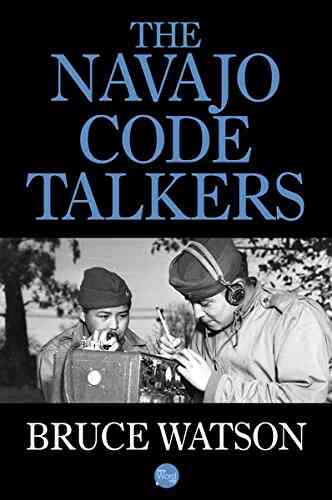
 Federico García LorcaThe Untold Story of The Navajo Code Talkers: Unveiling the Heroic Tale of Oz...
Federico García LorcaThe Untold Story of The Navajo Code Talkers: Unveiling the Heroic Tale of Oz... Isaiah PowellFollow ·2.3k
Isaiah PowellFollow ·2.3k Dan BrownFollow ·19.3k
Dan BrownFollow ·19.3k Caleb CarterFollow ·4.9k
Caleb CarterFollow ·4.9k Everett BellFollow ·6.4k
Everett BellFollow ·6.4k Shannon SimmonsFollow ·9.1k
Shannon SimmonsFollow ·9.1k Avery SimmonsFollow ·2.7k
Avery SimmonsFollow ·2.7k Arthur Conan DoyleFollow ·14.1k
Arthur Conan DoyleFollow ·14.1k David BaldacciFollow ·9.6k
David BaldacciFollow ·9.6k

 Alexandre Dumas
Alexandre DumasXtreme Behavior Xtreme Ops: Embracing Thrilling...
Are you tired of the same old routine?...

 Benjamin Stone
Benjamin StoneThe Remarkable World of Old Christmas Illustrated:...
The holiday season is a time of...
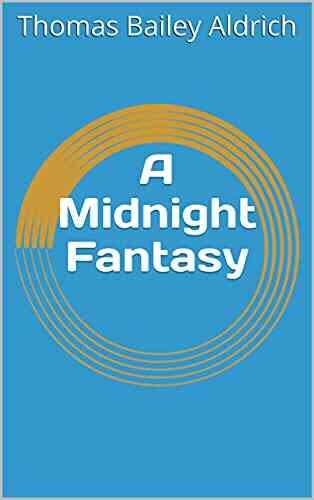
 Anthony Burgess
Anthony BurgessThe Enchanting Journey into the Midnight Fantasy by...
Step into the realm of magical tales and...
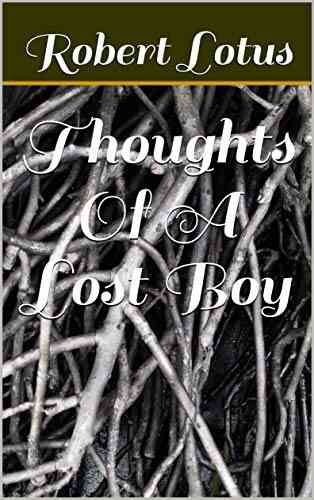
 Matt Reed
Matt ReedThoughts of a Lost Boy: Exploring the Depths of Solitude
Have you ever found yourself...

 Alexander Blair
Alexander BlairUnveiling the Thrilling World of Chase Fulton Novels: An...
In today's fast-paced world,...
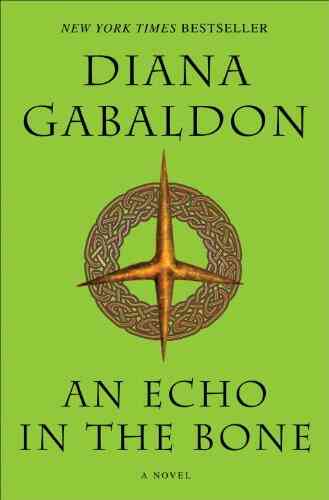
 Justin Bell
Justin BellAn Echo In The Bone Novel - Outlander: Uncovering Secrets...
Are you ready to embark on a remarkable...
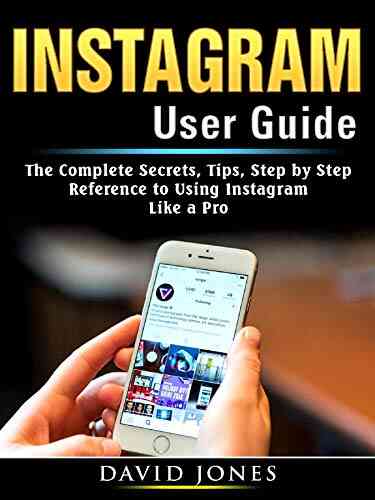
 Miguel Nelson
Miguel NelsonThe Complete Secrets Tips Step By Step Reference To Using...
Instagram has quickly become one of the...

 Gus Hayes
Gus HayesAurous Rings - Unleashing the Magic of Steven Gordon 12
The Enchanting World of Aurous...

 Camden Mitchell
Camden MitchellUnveiling the Secrets of Don Do What Did: The Incredible...
Throughout history, legends...

 Anton Foster
Anton FosterSunken Treasure Coastal Fury 17: An Epic Adventure...
Have you ever wondered what lies beneath...

 Forrest Blair
Forrest BlairThe Hunt Acid Vanilla: Unveiling a Sensational Flavor...
Indulging in culinary adventures is part of...

 Aaron Brooks
Aaron BrooksThe Inspiring Journey of Cytrine Buczko: From Pain and...
Life is a rollercoaster ride filled with a...
5 out of 5
| Language | : | English |
| File size | : | 419 KB |
| Text-to-Speech | : | Enabled |
| Screen Reader | : | Supported |
| Enhanced typesetting | : | Enabled |
| Word Wise | : | Enabled |
| Print length | : | 12 pages |
| Lending | : | Enabled |


